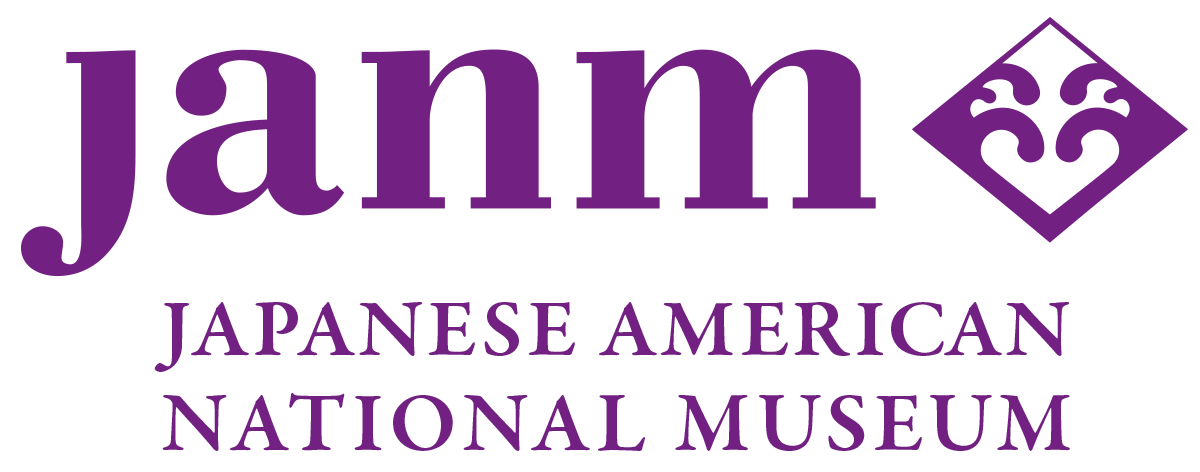即日発表 - 2007年09月18日
プレス連絡先:
Chris Komai - ckomai@janm.org - 213-830-5648

NATIONAL MUSEUM TO MARK 20TH ANNIVERSARY OF REDRESS
Civil Liberties Act of 1988 Provided for Apology, Reparations to Japanese Americans
The Japanese American National Museum announced it will mark the historic occasion of the 20th Anniversary of the passage of the Civil Liberties Act of 1988 with a series of major events and public programs throughout 2008, including honoring community organizations and individuals who led the fight for Japanese American redress at its annual dinner and several sessions devoted to the subject at its national conference in Denver in July of 2008.
The Civil Liberties Act of 1988 provided for an official government apology and reparations for thousands of Japanese Americans who were unconstitutionally removed by the U.S. government from their homes on the West Coast and parts of Hawai`i during World War II. Approximately 120,000 Americans of Japanese ancestry were falsely incarcerated in various detention centers and domestic concentration camps during the war without due process. Two-thirds of those imprisoned were American-born citizens. President Ronald Reagan signed the bill on August 10, 1988.
"The mass incarceration of Japanese Americans by their own government during World War II was the largest constitutional violation of the 20th Century," observed Irene Hirano, President and CEO of the National Museum. "Remarkably, over 40 years after the end of the war, the United States Government admitted its error, apologized and distributed reparations to thousands of Japanese Americans. The campaign for redress is an important chapter in Japanese American history, but it is also an essential story of American democracy. The Japanese American National Museum will mark the 20th Anniversary of the Civil Liberties Act of 1988 in 2008 because it is vital that all Americans understand both the Japanese American World War II experience and the subsequent fight for redress. Both stories are relevant to our country today and the National Museum is dedicated to preserving and sharing these important chapters in our history."
The National Museum plans to recognize three community organizations and several key individuals who helped to gain passage of the redress legislation at its 2008 annual gala dinner. Under the theme, "Fulfilling the Promise of America: Celebrating the 20th Anniversary of the Civil Liberties Act of 1988", the annual dinner, which will take place on April 19, 2008, will note the contributions of the Japanese American Citizens League (JACL), the National Coalition for Redress and Reparations (NCRR) and the National Council for Japanese American Redress (NCJAR). The National Museum will also recognize the work of the Japanese American Congressional officials, who helped guide the bill through the Senate and the House of Representatives. In 1988, Daniel K. Inouye and Spark Matsunaga were U.S. Senators representing Hawai`i, while Norman Y. Mineta and Robert Matsui were Congressmen from California and Patricia Saiki was a Congresswoman from Hawai`i. The annual dinner will also highlight the work of the coram nobis lawyers, who revived the World War II civil rights cases of Minoru Yasui, Gordon Hirabayashi and Fred Korematsu in the 1980s, helping to set the stage for the redress legislation.
"The redress movement was a community effort, and no single individual, organization, or event can take all the credit for the passage of the Civil Liberties Act of 1988," observed Prof. Mitch Maki, co-author of the book, Achieving the Impossible Dream: How Japanese Americans Obtained Redress. "But the contributions of the Japanese American redress organizations, the coram nobis and NCJAR cases, and the personal dedication of the Nikkei legislators were essential."
The National Museum will hold its national conference, "Whose America? Who’s American? Diversity, Civil Liberties and Social Justice" on July 3-6, 2008, in Denver. The conference will be the culmination of Enduring Communities: The Japanese American Experience in Arizona, Colorado, New Mexico, Texas and Utah, a three-year initiative, partially funded by the Institute of Museum and Library Services (IMLS) and organized by the National Museum in collaboration with educators, students and communities located in the five states. Each of the states is important to the history of Americans of Japanese ancestry, since a high percentage of those living on the West Coast during World War II were forced to live in government-run camps within these states or had to leave their homes and businesses in the face of the forced removal to settle in one of the five states. The conference will feature several sessions devoted to the history of the redress movement as well as panels of individuals involved in the successful campaign. The conference will also deal with broader issues related to redress and will look at various stories from the five states.
"The power of the redress story surely lies in its telling and retelling of the great themes of the history of Japanese Americans and of the United States itself," wrote the late Congressman Matsui in 1999. "Through this study and other historical endeavors a permanent record will be established that will chronicle not only what went wrong but also what went right so that future generations of Americans will know of the national victory and the personal triumph in the passage of the redress legislation."
The National Museum intends to collaborate with other groups and individuals on related programs throughout 2008. For more information, call the Japanese American National Museum at (213) 625-0414.
